Home>diy>Home Improvement>How Much Does Bathroom Renovation Cost
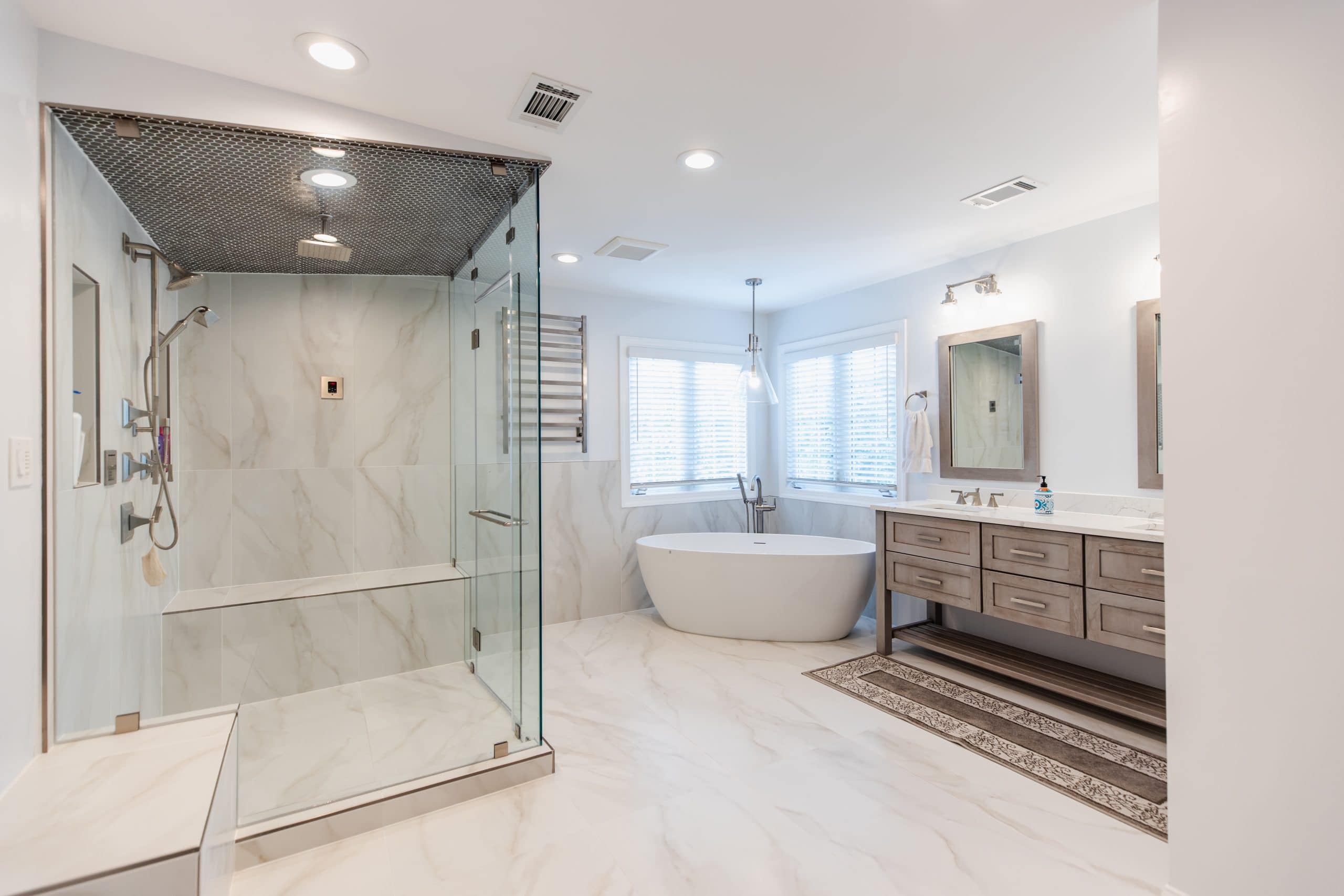

Home Improvement
How Much Does Bathroom Renovation Cost
Modified: October 20, 2024
Looking to renovate your bathroom? Find out the cost of bathroom renovation and home-improvement tips to create your dream bathroom within budget.
(Many of the links in this article redirect to a specific reviewed product. Your purchase of these products through affiliate links helps to generate commission for Storables.com, at no extra cost. Learn more)
Introduction
Welcome to the world of bathroom renovations, where dreams of a more beautiful and functional bathroom come to life. A bathroom renovation can do wonders for your home, providing a fresh and rejuvenating space for you and your family. However, before diving into this exciting project, it’s important to understand the factors that can affect bathroom renovation costs.
Bathroom renovation costs can vary significantly depending on several factors. Understanding these factors will help you plan and budget effectively for your project. From the size of the bathroom to the materials used, every decision you make will impact the overall cost. Let’s explore some of the key factors affecting bathroom renovation costs.
Key Takeaways:
- Bathroom renovation costs can vary based on factors like size, materials, and extent of the renovation. Average mid-range costs range from $10,000 to $20,000, but can exceed $30,000 for high-end projects.
- Consider hidden costs like structural issues, permits, and mold remediation. To save money, explore DIY options, shop for sales, and reuse materials. Decide between hiring professionals or DIY based on your skills, time, and budget.
Read more: How Much Does A Vanity Cost
Factors Affecting Bathroom Renovation Costs
When it comes to bathroom renovation, several factors can influence the overall cost. By understanding these factors, you can better estimate and plan for your budget. Here are the key factors that can affect bathroom renovation costs:
- Size of the bathroom: The size of your bathroom plays a significant role in determining the cost of the renovation. Larger bathrooms will require more materials, such as tiles, fixtures, and paint, which can increase the cost.
- Type of renovation: The extent of the renovation will also impact the cost. Are you looking for a complete overhaul or just minor updates? A full-scale renovation involving plumbing, electrical work, and structural changes will cost more than a cosmetic makeover.
- Materials and finishes: The choice of materials and finishes can greatly influence the cost of your bathroom renovation. High-end materials like marble, granite, or custom-made cabinetry will be more expensive than standard options. Additionally, the quality of fixtures, faucets, and hardware will affect the overall cost.
- Plumbing and electrical work: If your renovation requires plumbing or electrical changes, it can significantly increase the cost. Moving or adding plumbing fixtures, rewiring, or upgrading electrical systems are complex tasks that may involve hiring professionals, which adds to the overall cost.
- Demolition and disposal: Removing old fixtures, tiles, and flooring is a necessary step in most bathroom renovations. The cost of demolition and disposal will depend on the size of your bathroom and the amount of debris that needs to be removed.
- Accessibility requirements: If you have specific accessibility requirements, such as installing grab bars, widening doorways, or creating a wheelchair-accessible shower, it will affect the cost of your renovation. These modifications often require specialized materials and additional labor.
- Geographic location: The cost of labor and materials can vary depending on your geographic location. Urban areas generally have higher labor and material costs compared to rural areas.
Keep these factors in mind as you plan your bathroom renovation project. Understanding the costs associated with each factor will help you make informed decisions and stay within your budget. Now that we have explored the factors affecting bathroom renovation costs, let’s delve into the average cost of a bathroom renovation.
Average Cost of Bathroom Renovation
Now that we have discussed the factors that can influence the cost of a bathroom renovation, let’s take a look at the average cost you can expect to spend on this project. It’s important to note that these figures are approximate and can vary depending on your specific requirements and location.
On average, a mid-range bathroom renovation can cost anywhere from $10,000 to $20,000. This typically includes replacing fixtures and fittings, updating the flooring, installing new tiles, and giving the bathroom a fresh coat of paint. However, if you’re looking for a more high-end renovation with custom features and luxurious materials, the cost can easily exceed $30,000.
In addition to the overall cost, it’s essential to consider the cost breakdown of the various components involved in a bathroom renovation. This breakdown will give you a clearer idea of where your money will be allocated and help you prioritize your expenses.
Let’s take a closer look at the cost breakdown of the different components in a bathroom renovation:
- Fixtures and Fittings: This category includes items such as the bathtub, shower, toilet, sink, and vanity. On average, you can expect to spend around $2,000 to $5,000 on these essential fixtures.
- Tiles and Flooring: The cost of tiles and flooring materials can vary depending on the quality and design you choose. On average, you can budget around $5,000 to $10,000 for tiles and flooring.
- Cabinetry and Countertops: If you plan to install custom cabinetry or countertops, this can significantly increase the cost. Budget around $3,000 to $7,000 for these components.
- Lighting and Electrical: Updating the lighting fixtures and electrical work can range from $1,000 to $3,000, depending on your requirements.
- Plumbing: If your renovation involves extensive plumbing work, allocate a budget of around $2,000 to $5,000 for plumbing costs.
- Painting and Finishing: Giving your bathroom a fresh coat of paint and finishing touches can cost between $1,000 and $3,000.
These figures provide a general idea of the costs associated with each component of a bathroom renovation. However, it’s important to keep in mind that prices can vary depending on factors such as the size of your bathroom, the materials chosen, and the complexity of the project.
Now that we have explored the average cost and breakdown of a bathroom renovation, let’s uncover some hidden costs that you may need to consider.
Cost Breakdown of Bathroom Renovation Components
When planning a bathroom renovation, it’s essential to understand the cost breakdown of the different components involved. By breaking down the costs, you can allocate your budget effectively and prioritize where to spend your money. Here is a breakdown of the typical components and their respective costs:
- Fixtures and Fittings: This category includes items such as the bathtub, shower, toilet, sink, and vanity. On average, you can expect to spend around $2,000 to $5,000 on these essential fixtures. Remember that higher-end fixtures will result in higher costs.
- Tiles and Flooring: The cost of tiles and flooring materials can vary depending on the quality and design you choose. On average, you can budget around $5,000 to $10,000 for tiles and flooring. This cost includes both materials and installation.
- Cabinetry and Countertops: Custom cabinetry and countertops can add a touch of luxury to your bathroom. Budget around $3,000 to $7,000 for these components, which may vary based on the size and complexity of the design.
- Lighting and Electrical: Updating the lighting fixtures and electrical work can range from $1,000 to $3,000, depending on the number of fixtures and the complexity of the electrical changes required.
- Plumbing: If your renovation involves extensive plumbing work, allocate a budget of around $2,000 to $5,000 for plumbing costs. This includes any necessary repairs, upgrades, or installation of new plumbing fixtures.
- Painting and Finishing: Giving your bathroom a fresh coat of paint and adding finishing touches can cost between $1,000 and $3,000. This cost also includes the cost of any wallpaper or wall treatments you choose to use.
It’s important to note that these costs can vary depending on factors such as the size of your bathroom, the materials chosen, and the complexity of the renovation. Additionally, hiring professionals to handle the installation and labor can add to the overall expenses.
When planning your bathroom renovation, take the time to research and compare prices for different fixtures, materials, and labor. This will help you make informed decisions and stay within your budget.
Now that you have a better understanding of the cost breakdown of bathroom renovation components, let’s explore some hidden costs that you may need to consider.
Hidden Costs to Consider
When embarking on a bathroom renovation project, it is important to be aware of potential hidden costs that may arise. These costs can often catch homeowners off guard if they are not properly prepared. By considering these hidden costs upfront, you can avoid any unpleasant surprises and ensure that your renovation stays within budget. Here are some hidden costs to keep in mind:
- Structural Issues: During the renovation process, it is possible that underlying structural issues may be uncovered. This could include water damage, rotten wood, or faulty plumbing. When these issues arise, additional repairs will be required, resulting in unexpected costs. It is advisable to budget for potential structural repairs to avoid any financial setbacks.
- Permit Fees: Depending on your location, obtaining permits for your bathroom renovation may be necessary. Permit fees can vary and should be factored into your budget. Failing to obtain the necessary permits can result in fines and complications down the line, so it is essential to include these costs in your planning.
- Asbestos or Mold Remediation: Older homes may have hidden issues such as asbestos or mold. If these hazardous materials are present, proper removal and remediation must be carried out to ensure the safety of your home. The cost of asbestos or mold removal can be significant, so it is crucial to account for this potential expense during your renovation.
- Upgrading Utility Connections: If your bathroom renovation involves moving fixtures or making changes to the plumbing, you may need to upgrade your utility connections. This may include upgrading pipes or electrical wiring to meet current codes and regulations. It is important to consult with professionals prior to starting your renovation to determine if any upgrades are necessary and budget accordingly.
- Temporary Accommodation: For extensive bathroom renovations, it is possible that you may need to temporarily vacate your home. This may result in additional costs for accommodations, such as renting a hotel room or staying with family. It is advisable to budget for temporary accommodation to avoid any last-minute financial strain.
- Change Orders: As your renovation progresses, you may decide to make changes or additions to the original plan. While these changes can enhance the final outcome, they can also lead to additional costs. It is important to be prepared for change orders and set aside a contingency fund to accommodate any modifications you may want to make along the way.
By considering these hidden costs and factoring them into your renovation budget, you can ensure a smoother and more financially manageable project. It is always better to be prepared for unexpected expenses rather than being caught off guard. Now, let’s explore some ways to save money on your bathroom renovation.
Consider the size of your bathroom, materials used, and labor costs when budgeting for a renovation. On average, a basic bathroom remodel can cost around $10,000 to $15,000.
Ways to Save Money on Bathroom Renovation
While a bathroom renovation can be a significant investment, there are several ways to save money without compromising on quality. By being strategic in your planning and decision-making, you can achieve a beautiful and functional bathroom while staying within your budget. Here are some money-saving tips for your bathroom renovation:
- Create a Detailed Budget: Before starting your renovation, create a detailed budget outlining your expected expenses. This will help you prioritize your spending and avoid overspending on unnecessary items.
- Do It Yourself (DIY) Projects: Consider taking on some DIY projects to save on labor costs. Painting, installing fixtures, and even tiling can be done by homeowners with the right tools and resources.
- Reuse and Refinish: Instead of replacing all fixtures and fittings, consider refinishing or repainting them to give them a fresh look. This can save you money compared to purchasing new items.
- Shop for Sales and Discounts: Take your time to shop around and look for sales, discounts, and clearance offers on fixtures, materials, and accessories. This can significantly reduce your overall costs.
- Consider Alternative Materials: Explore alternative materials that offer cost savings without compromising on quality. For example, consider laminate countertops instead of pricier natural stone options.
- Keep the Same Layout: If possible, try to keep the existing layout of your bathroom. Moving plumbing and electrical fixtures can be costly, so by keeping the layout intact, you can save on those expenses.
- Choose Standard-Sized Fixtures: Opt for standard-sized fixtures and fittings as they tend to be more affordable than custom or oversized options. This applies to items such as bathtubs, showers, and vanities.
- Focus on Cosmetic Updates: Instead of a full-scale renovation, consider focusing on cosmetic updates such as paint, wallpaper, and new accessories. These changes can have a significant impact without breaking the bank.
- Hire Professionals Wisely: If you decide to hire professionals for certain aspects of the renovation, be sure to get multiple quotes and choose reputable contractors who offer competitive pricing.
- Reuse Existing Materials: If your bathroom renovation includes demolishing certain areas, salvage any usable materials such as tiles or fixtures. Reusing these items can help reduce costs for replacement materials.
By implementing these money-saving tips, you can achieve a cost-effective bathroom renovation without sacrificing quality or aesthetics. Remember to weigh the savings against the long-term value and durability of the materials and fixtures you choose. With careful planning and smart decision-making, you can transform your bathroom on a budget.
Now that you are equipped with money-saving strategies, it’s essential to consider whether to hire a professional or embark on a DIY bathroom renovation. Let’s explore the pros and cons of each option.
Hiring a Professional vs. DIY Bathroom Renovation
When it comes to bathroom renovations, one important decision to make is whether to hire a professional or take on the project as a do-it-yourself (DIY) endeavor. Both options have their pros and cons, and it’s important to consider factors such as your skill level, time availability, and budget. Let’s explore the advantages and limitations of hiring a professional versus a DIY bathroom renovation:
Hiring a Professional:
Advantages:
- Expertise and Experience: Professionals have the knowledge and experience to handle all aspects of the renovation, from design to installation. They can provide valuable insights, suggestions, and guidance based on their expertise.
- Time-Saving: Hiring professionals allows you to focus on other priorities while they handle the project. Their efficiency and expertise can ensure a quicker turnaround time for your renovation.
- Quality Workmanship: Professionals have access to high-quality materials and tools, ensuring that the finished result is of the highest standard. They can also address any potential issues and provide solutions to ensure optimal functionality and durability.
- Warranty and Insurance: Reputable professionals often provide warranties for their work, giving you peace of mind in case of any issues. They are also insured, which protects you from any liability or damage during the renovation process.
Limitations:
- Higher Cost: Hiring professionals can be more expensive as it involves labor costs and potentially higher material costs. However, their expertise and quality of work may outweigh the additional expense.
- Limited Control: Giving control to professionals means relying on their decisions and recommendations. While they aim to create the bathroom of your dreams, it may not align perfectly with your vision.
- Less Personal Satisfaction: For some individuals, the sense of accomplishment and personal satisfaction that comes with completing a DIY project may be missing when hiring professionals.
DIY Bathroom Renovation:
Advantages:
- Cost Savings: One of the primary advantages of a DIY renovation is the potential for cost savings. By eliminating labor costs, you can allocate more of your budget to materials and fixtures.
- Control and Creativity: With a DIY renovation, you have complete control over the design, materials, and timeline. You can fully express your creativity and personalize the space to your preferences.
- Satisfaction and Learning Opportunity: Completing a DIY project can bring a tremendous sense of satisfaction and accomplishment. It also provides an opportunity to learn new skills and expand your knowledge in home improvement.
Limitations:
- Time and Effort: DIY renovations require a significant investment of time and effort. You will need to dedicate time to research, planning, and executing the renovation, which can be challenging if you have a busy schedule.
- Skill Level and Expertise: DIY renovations may not be suitable for those without the necessary skills or experience. Certain tasks, such as plumbing or electrical work, may require professional expertise to ensure safety and compliance.
- Potential Mistakes and Costly Errors: Inexperience in certain aspects of the renovation can lead to mistakes and errors that could result in additional costs for repairs or corrections.
Ultimately, the decision between hiring a professional or undertaking a DIY bathroom renovation depends on your comfort level, skills, time availability, and budget. Consider the complexity of the project and be realistic about your abilities. It is also worth noting that a mix of both approaches is possible, where you take on certain tasks while leaving more complex aspects to professionals. Whichever route you choose, a beautifully renovated bathroom awaits!
Now that we have examined the pros and cons of each option, let’s conclude our discussion.
Conclusion
Embarking on a bathroom renovation can be an exciting and rewarding endeavor. By understanding the factors that can affect bathroom renovation costs, you can plan and budget effectively for your project. From the size of the bathroom to the materials used, each decision you make can impact the overall cost.
The average cost of a bathroom renovation can range from $10,000 to $20,000 for a mid-range project, but it can easily surpass $30,000 for more high-end renovations. Understanding the cost breakdown of the different components will help you allocate your budget and prioritize your expenses.
It’s important to also consider hidden costs such as structural issues, permit fees, and mold remediation. By accounting for these potential expenses from the start, you can avoid financial setbacks and ensure a smoother renovation process.
There are several ways to save money on your bathroom renovation without compromising on quality. DIY projects, shopping for sales, and reusing existing materials are just a few of the cost-saving strategies you can implement. However, hiring a professional also has its advantages, such as expertise, time-saving, and quality workmanship.
Ultimately, the decision to hire a professional or embark on a DIY bathroom renovation depends on factors such as your skill level, time availability, and budget. It’s important to weigh the pros and cons of each option and choose the approach that aligns best with your needs and preferences.
Whether you decide to hire a professional or take on the renovation yourself, always remember to stay organized, budget wisely, and communicate effectively with your contractors or team to ensure a successful and satisfying bathroom renovation.
Now that you are equipped with the knowledge and understanding of bathroom renovation costs and considerations, you are ready to embark on this exciting project and create the bathroom of your dreams!
Frequently Asked Questions about How Much Does Bathroom Renovation Cost
Was this page helpful?
At Storables.com, we guarantee accurate and reliable information. Our content, validated by Expert Board Contributors, is crafted following stringent Editorial Policies. We're committed to providing you with well-researched, expert-backed insights for all your informational needs.
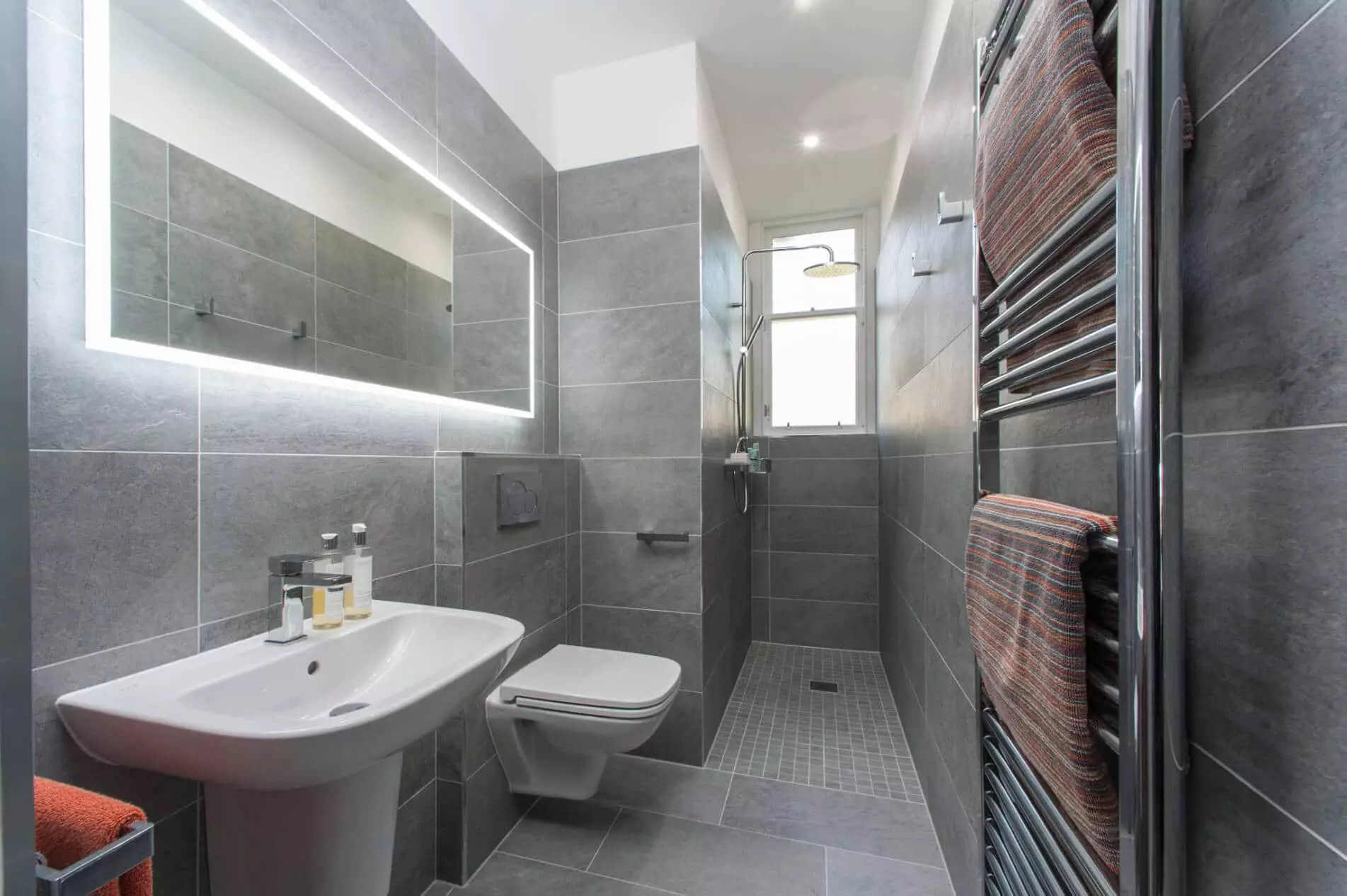
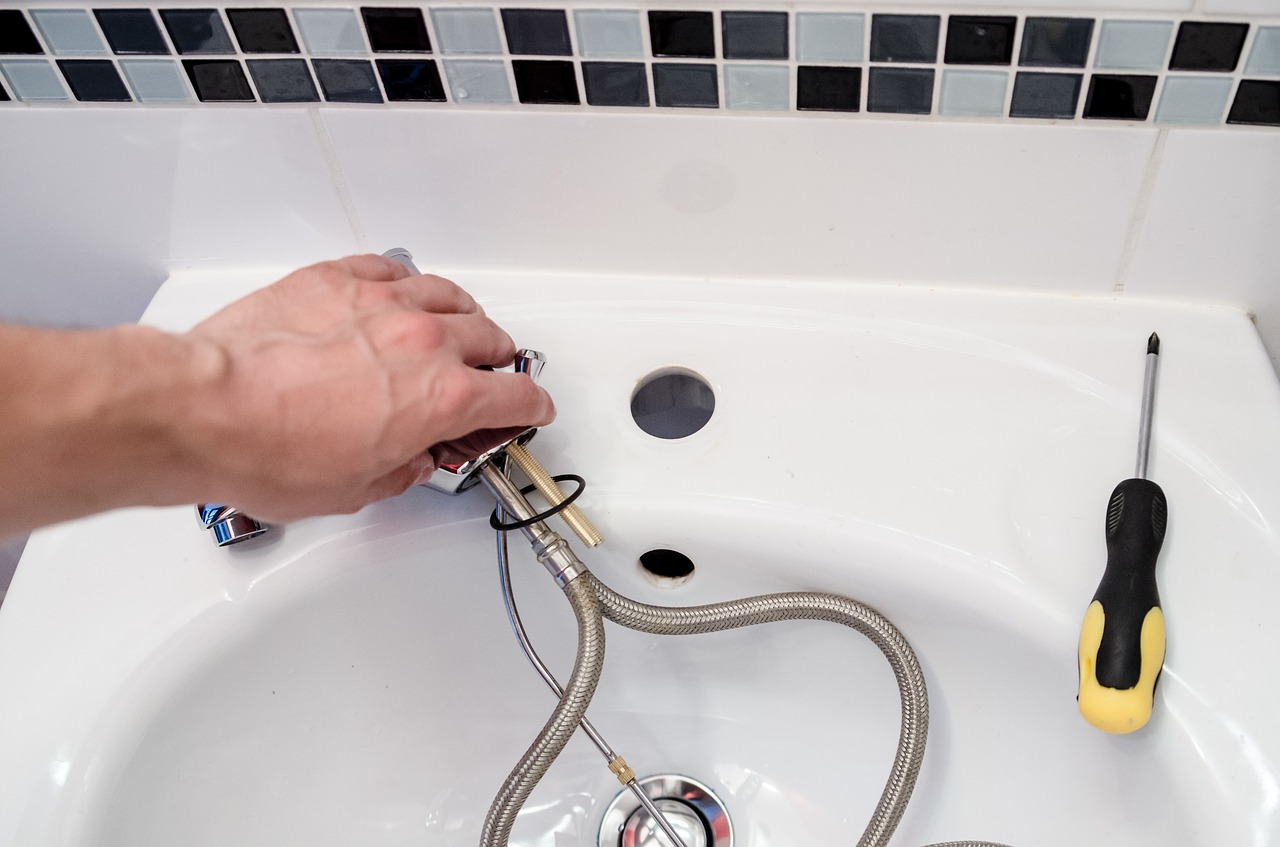
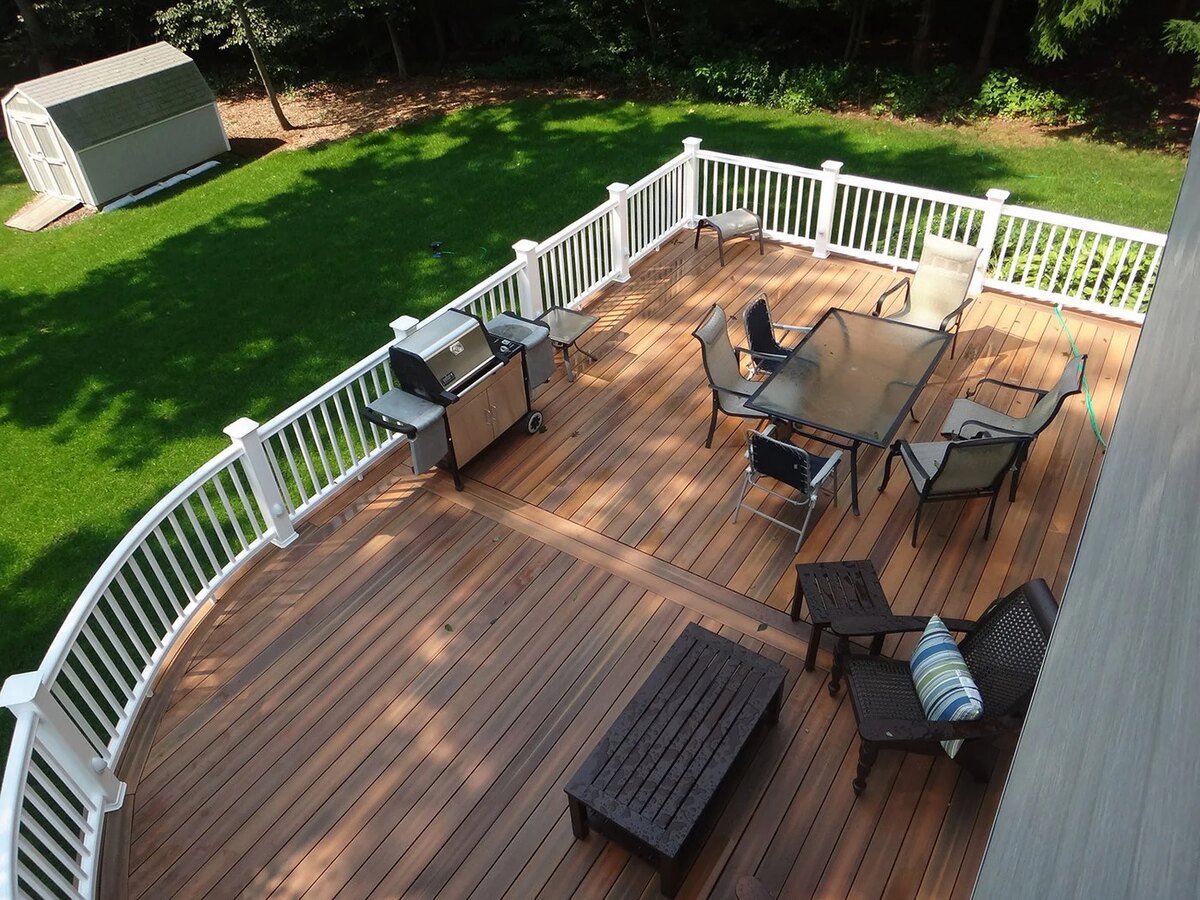
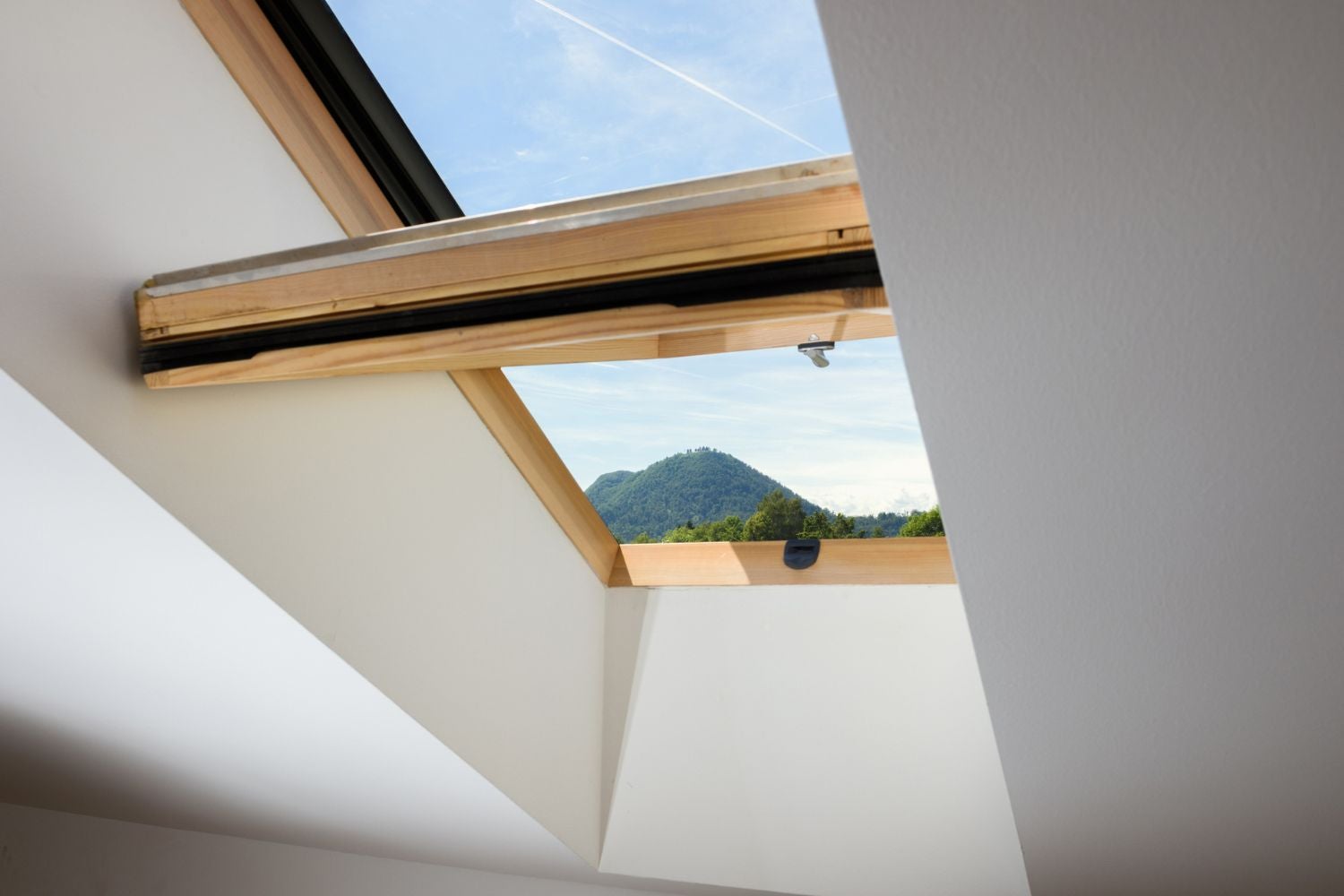
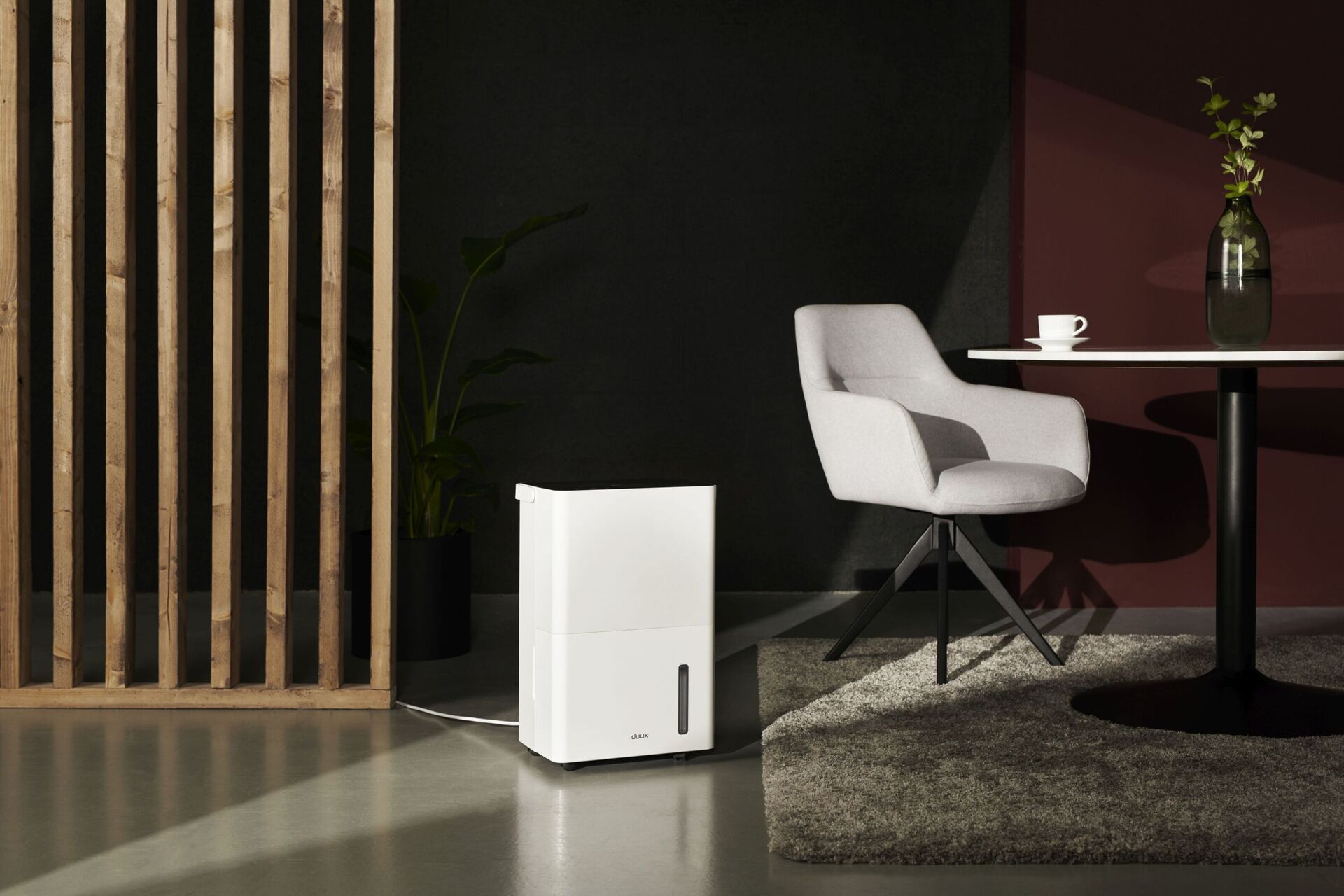
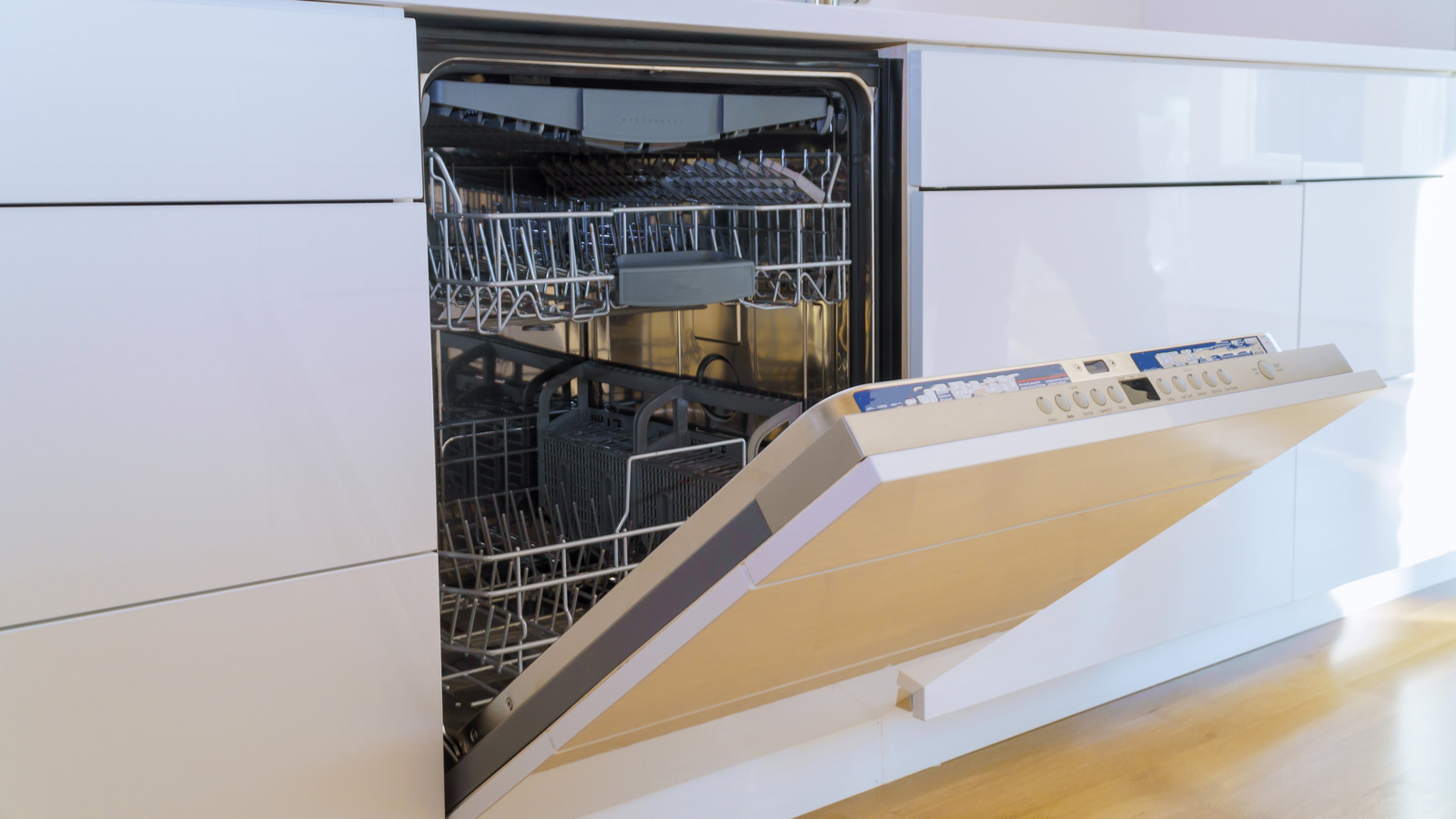

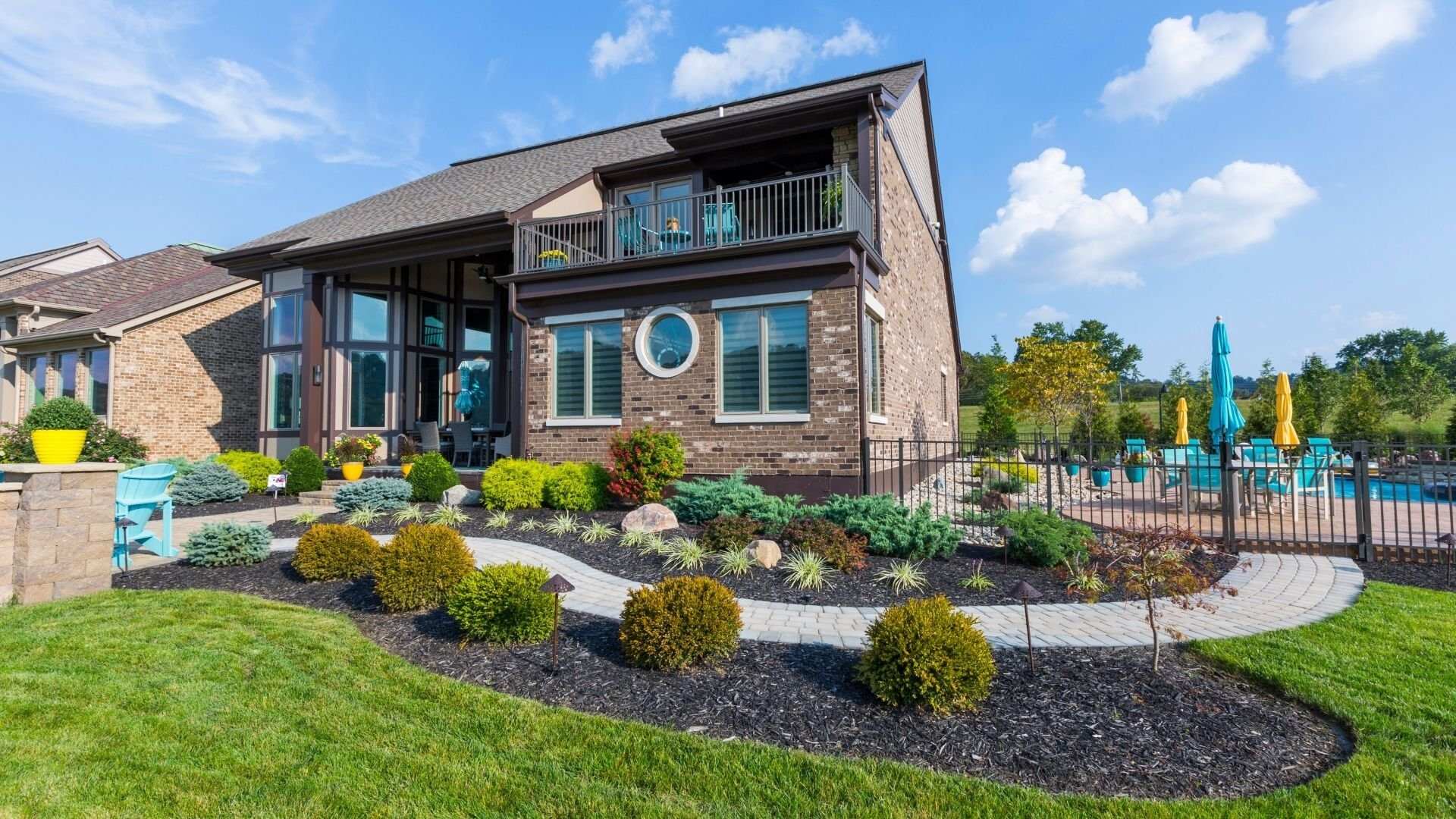
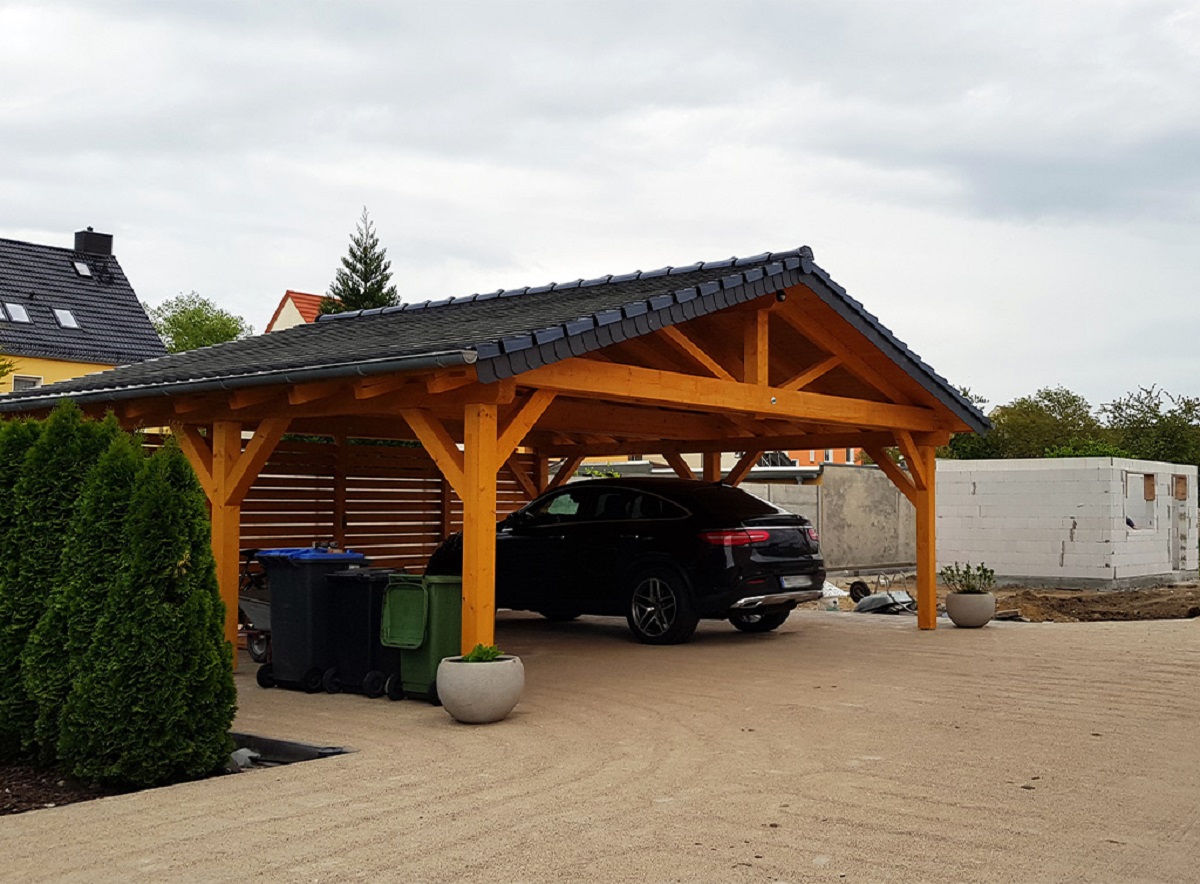
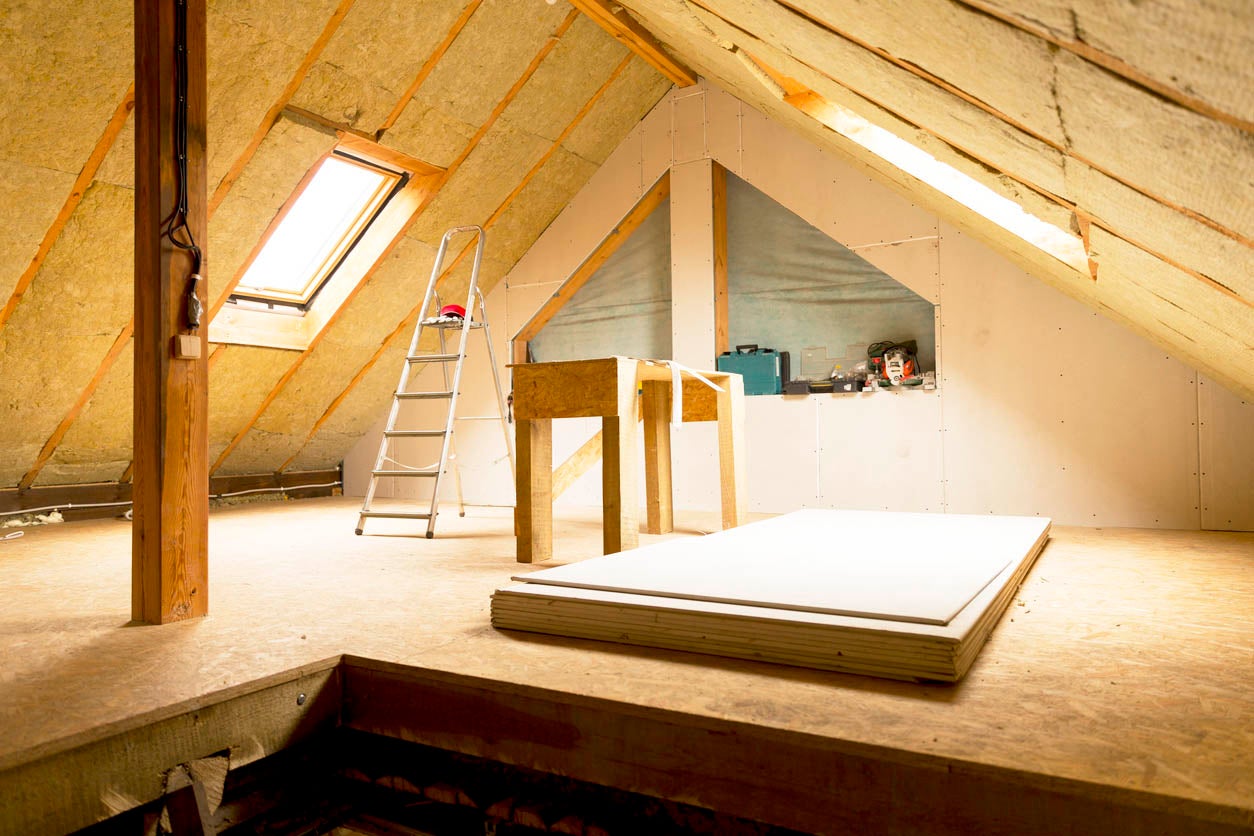
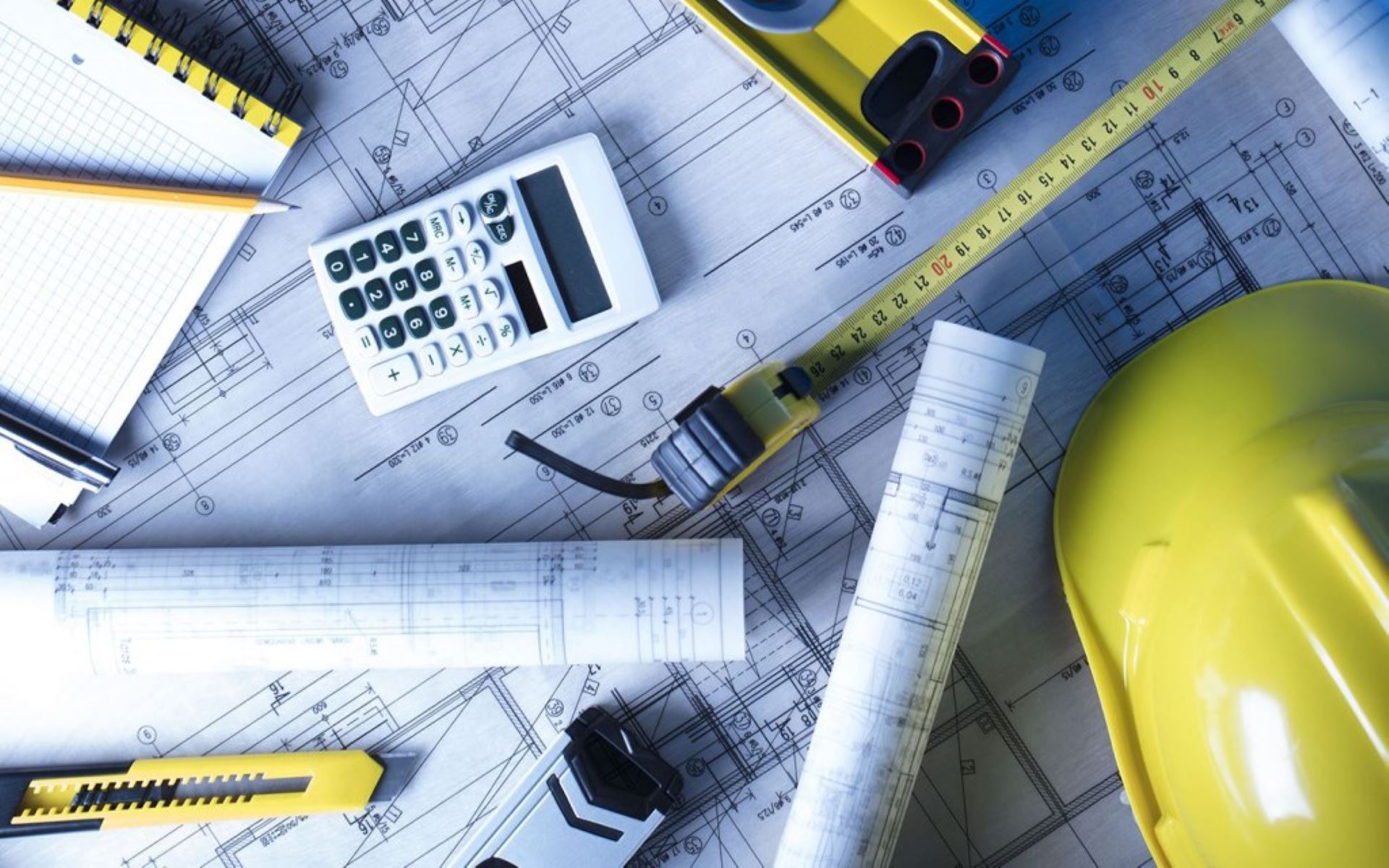

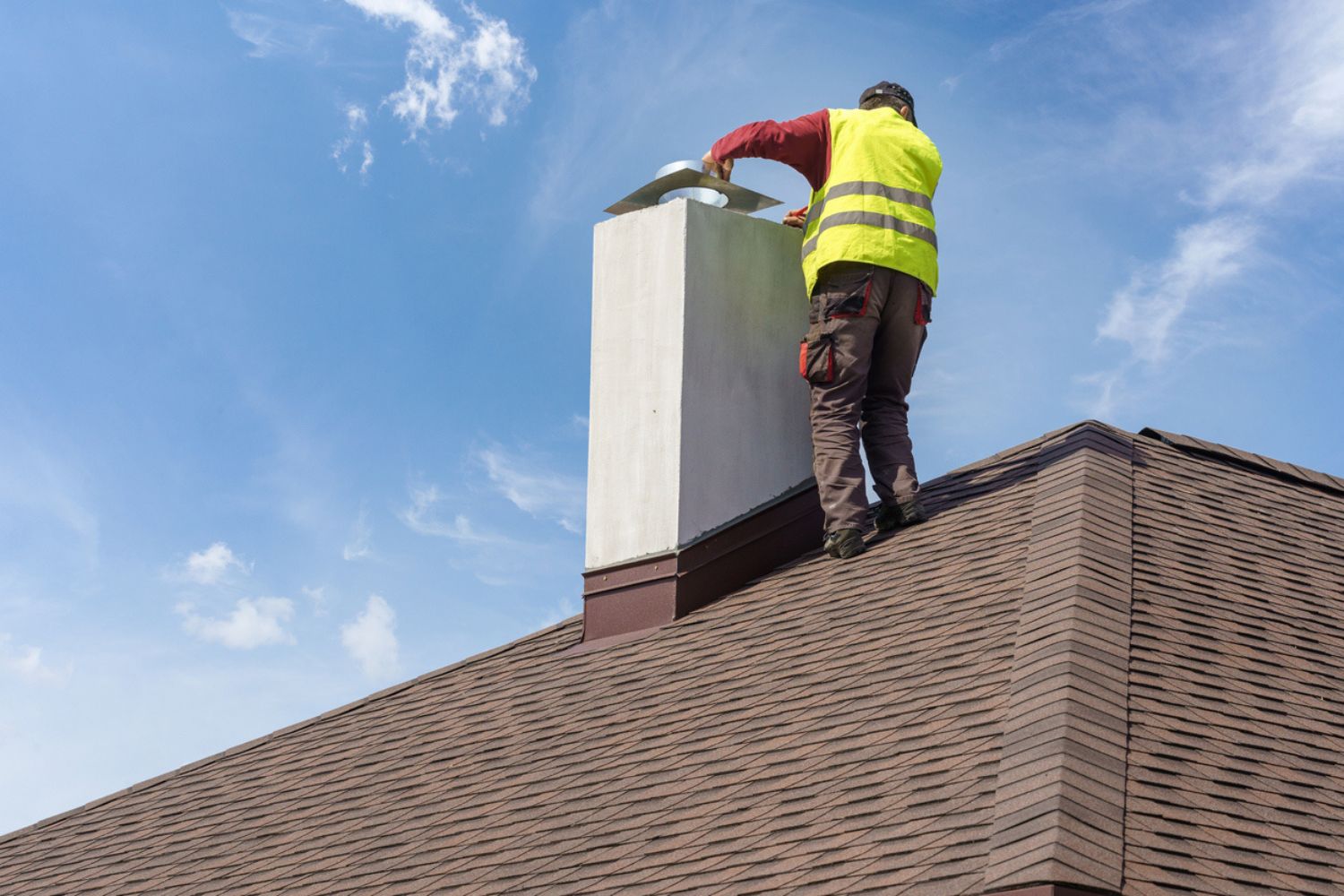

0 thoughts on “How Much Does Bathroom Renovation Cost”